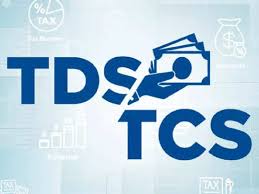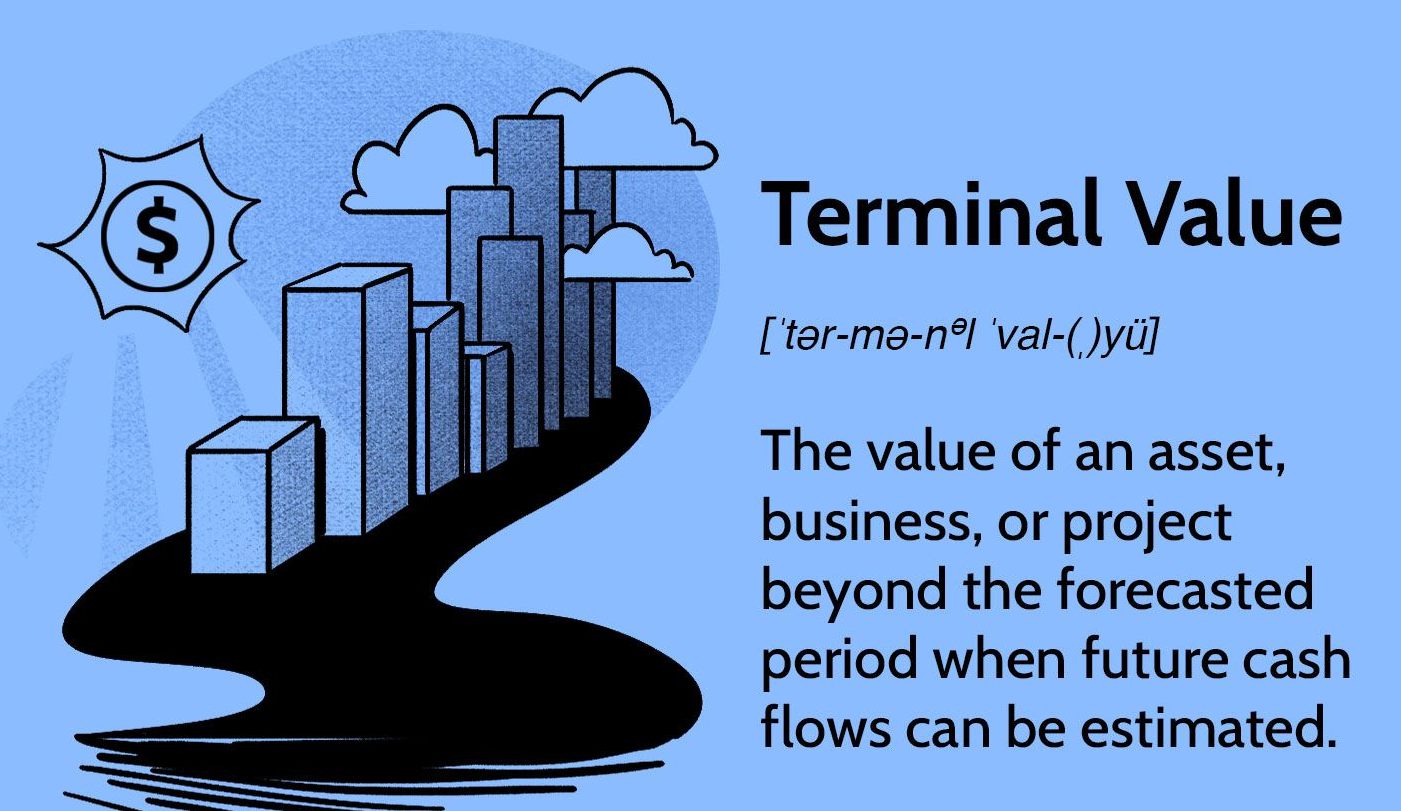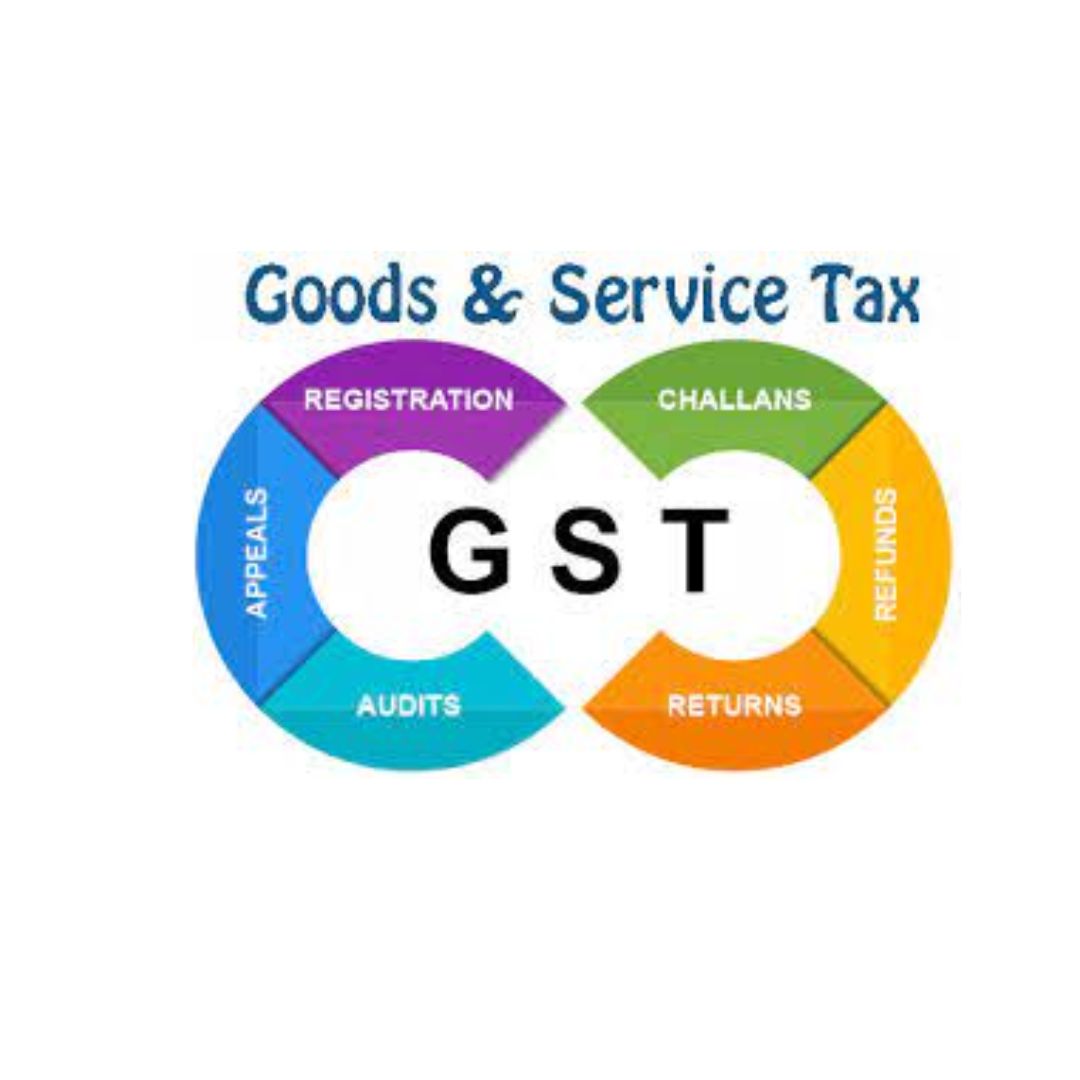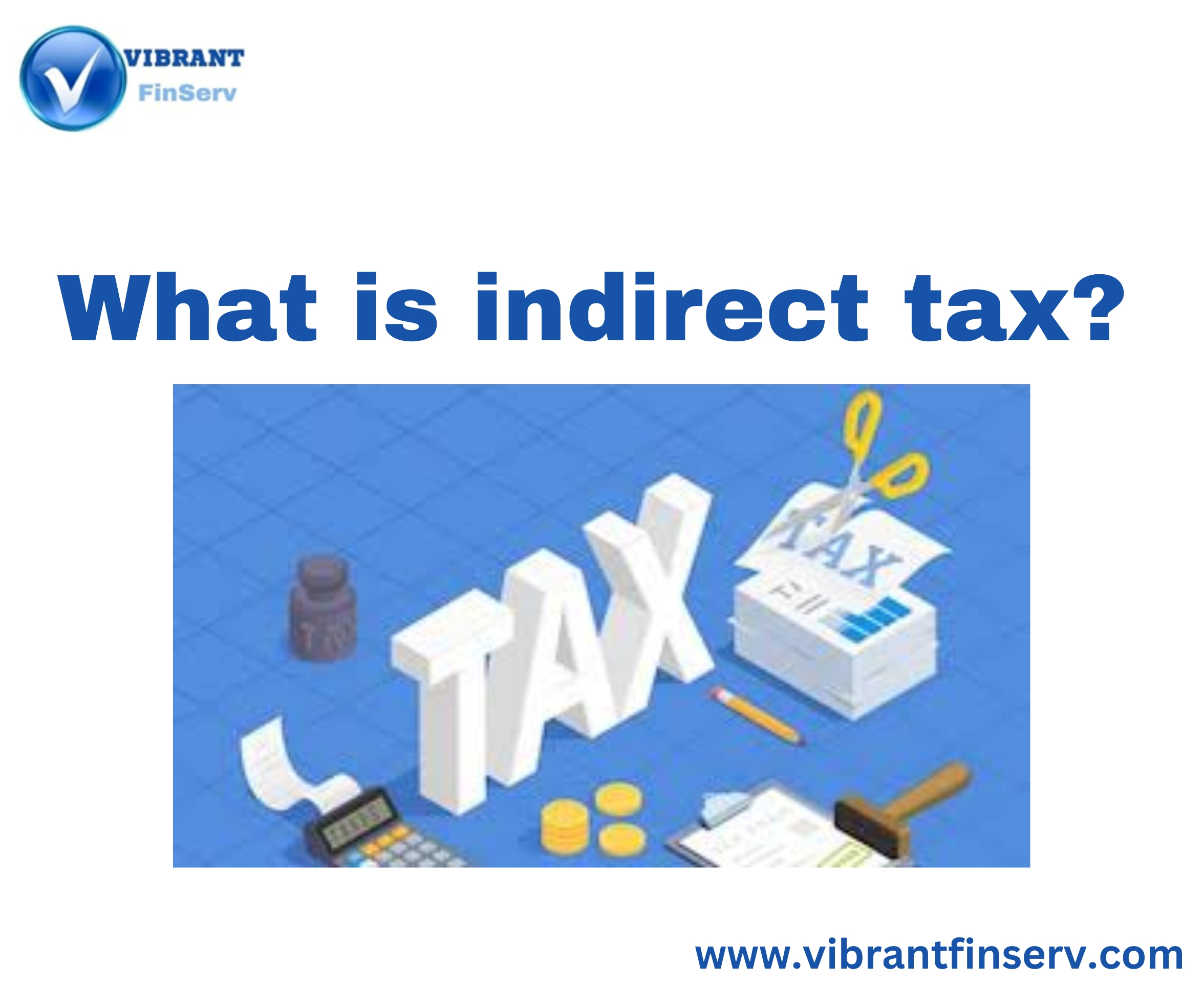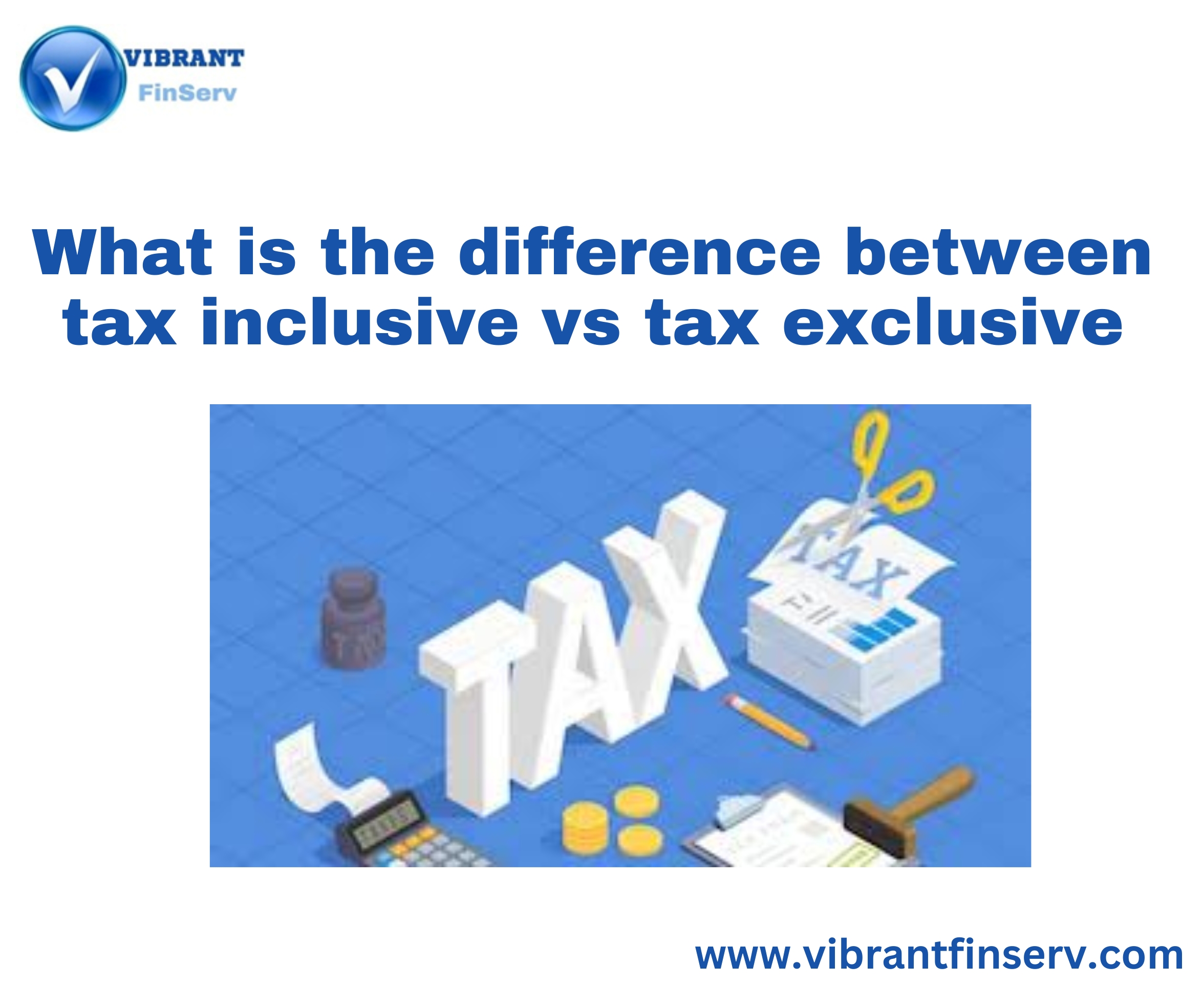What is the difference between TDS vs TCS?
User Intent People searching for “TDS vs TCS” want to understand the fundamental differences between Tax Deducted at Source (TDS) and Tax Collected at Source (TCS). They may be business owners, accountants, finance students, or individuals looking to comply with tax laws. This guide provides a step-by-step breakdown to clarify these two… Read More »
